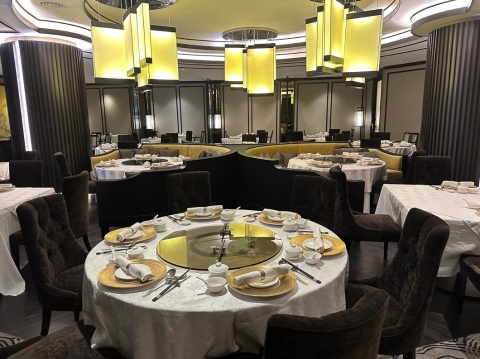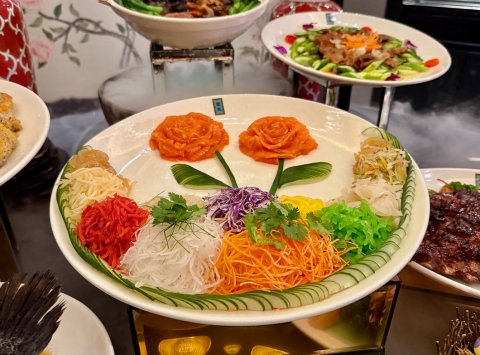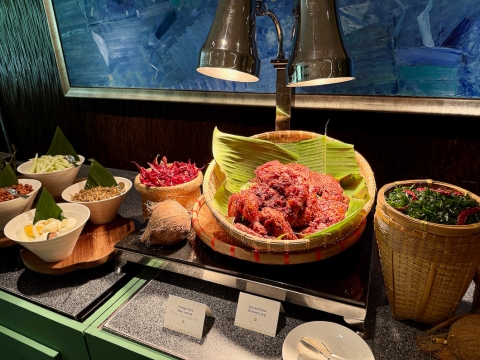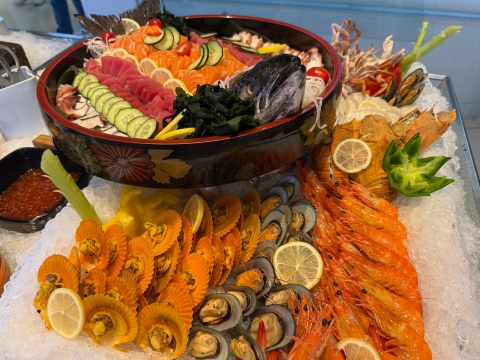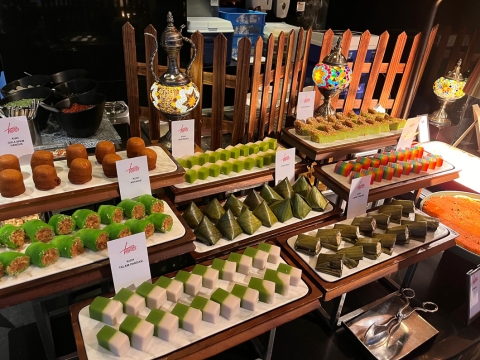It has been more than 60 days now since the MCO started. A rather daunting thought… Isn’t it time to create more happiness around us? Rather than feeling down? A happiness project: how would that look like?
What happens when you lock a family of eight at home together for two months under MCO? Answer: You get eight very restless and cranky people trying extremely hard not to get under each other’s skin! Your family may not be as big as mine (we have three grandparents and two parents of three children at home), but I am sure you can certainly relate to the temporary claustrophobia triggered by the pandemic.
Stress related to lockdown
According to Dr Elf Van Hoof, professor of health psychology at the University of Brussels, people who are quarantined are very likely to develop a wide range of symptoms of stress. Reasons for stress abound in lockdown: “There is risk of infection, fear of becoming sick or of losing loved ones, as well as the prospect of financial hardship.” All these, and many more, are present in this current pandemic.
Let’s turn this around
With so much going on, let us try to to bring happiness to the forefront. Why? Because we are saddled with too much bad news lately, and our happiness has been put on a back burner for too long now. It is pure common sense that to counter a negative situation, you create a positive one. So instead of feeling sad about a situation that we have little control of, why don’t we do something that we have actual control over? Like starting a happiness project!
How to start?
So, for your happiness project, see if you can come up with some ‘ground rules’. Make them relevant and honest from your heart. Here are mine:
- Breathe, to calm your mind
- Keep things simple
- Be inclusive
- Be kind
- Think of others
- Share the happiness
One of the best ways to make other people happy is to be happy yourself. When you are happy, you are more patient, more forgiving and more accepting of difficult situations and people.
My own happiness project
Every year, I would organise music recitals for my students to perform to an audience. But due to the MCO, this is not possible now. Then I had a lightbulb moment and decided to do it online. Everyone worked hard to get their videos done. We even had two sisters who emceed the event via video. My hubby volunteered to help with making the digital poster. My son did the video editing. I was the director of course and my girls were our tech support advisors. And the grandparents joined in as audience. It was heartening to see the spark in everyone’s eyes – the excitement of watching the children perform, and the joy of watching the premier concert on YouTube together, where everyone could ‘chat’ online while the concert was being played on YouTube. What a feel-good event it was!

So many way to start your own project…
There are a myriad of ways to do a happiness project. I know of those who send food gifts to friends via delivery services during the MCO. The happiness of those receiving these food gifts become the happiness of the giver. There are also those who started their personal projects of purchasing groceries to give away to those in need. People would queue up early waiting at the designated areas to receive these food donations privately sponsored by family and friends. Then there are those who started a project to make PPE’s for the front-liners working at hospitals. And the volunteers at soup kitchens cooking and distributing food to the homeless. The list is endless!

Count your blessings
A happiness project involving family and friends will give a lasting memory of a challenging period for everyone. Instead of counting the number of daily deaths from the pandemic, why not count our blessings instead? And do something meaningful within your means and capacity? So tell us, what is YOUR happiness project? We’d love to hear from you!

The author of this article is Wai Leng, a music teacher by training, as well as a creative writing instructor. Being an early adopter and advocate for home-education, she is passionate about bringing out children’s potentials, by understanding how they learn and adopting strategies that maximise their learning outcomes. Together with her husband Wai Leng runs a website called Learning Beyond Schooling, to share life-long learning possibilities that are best suited for the 21st Century. They have three children, who are all products of unschooling.





